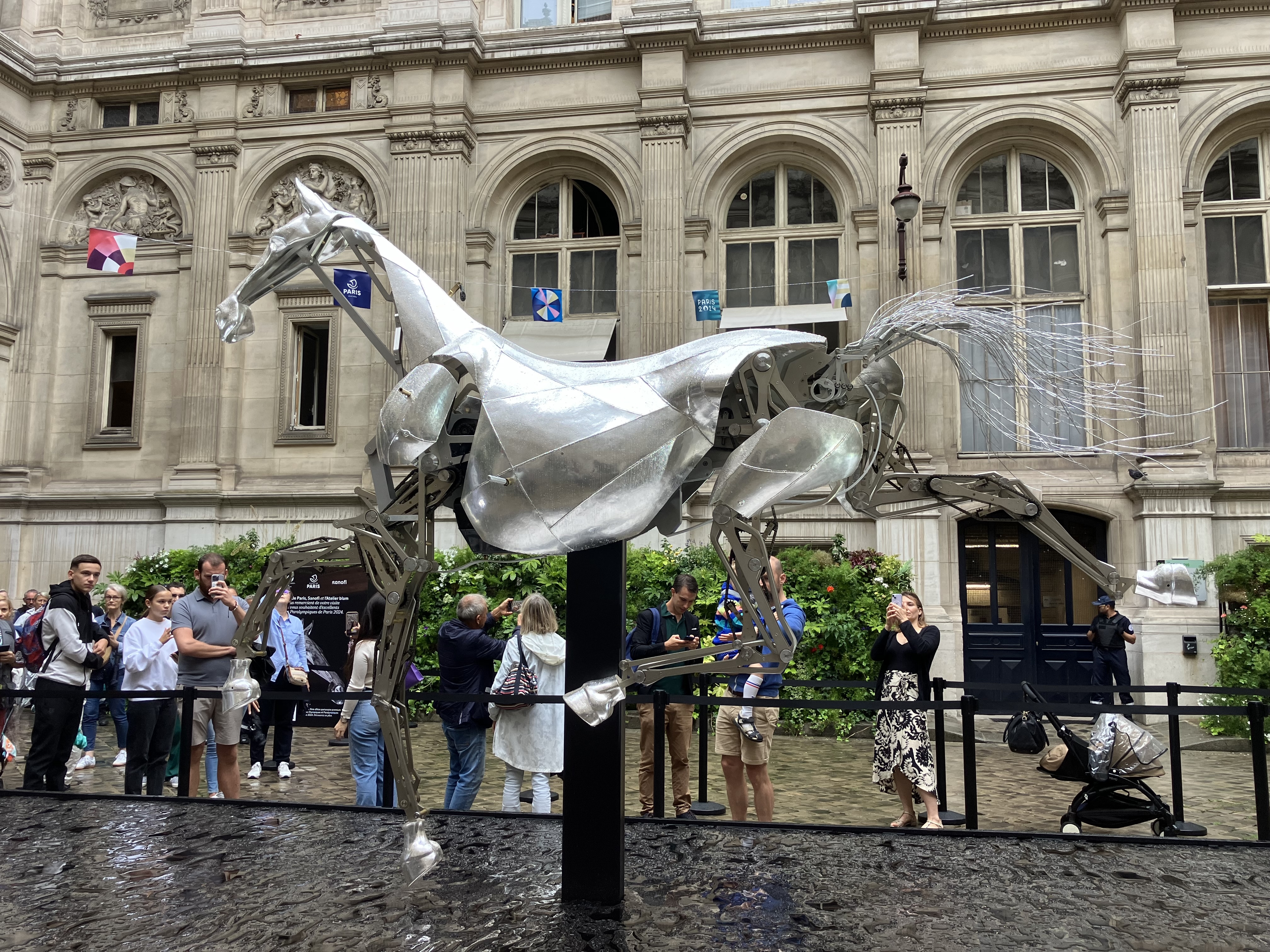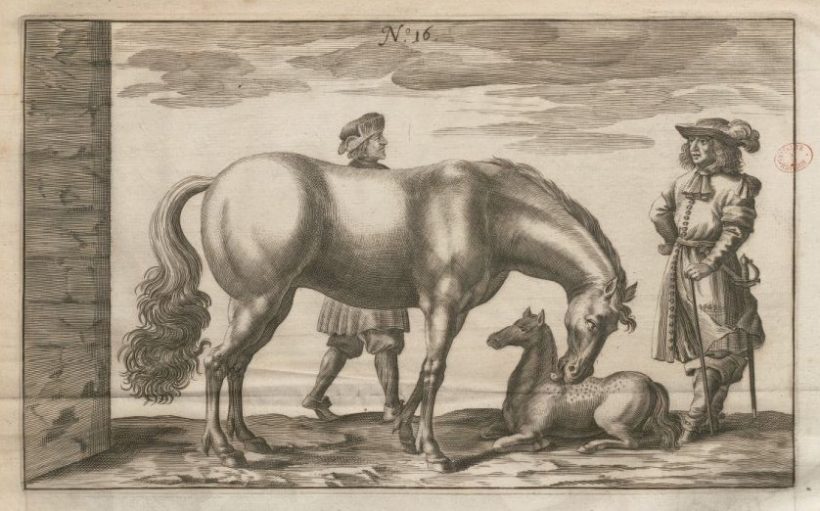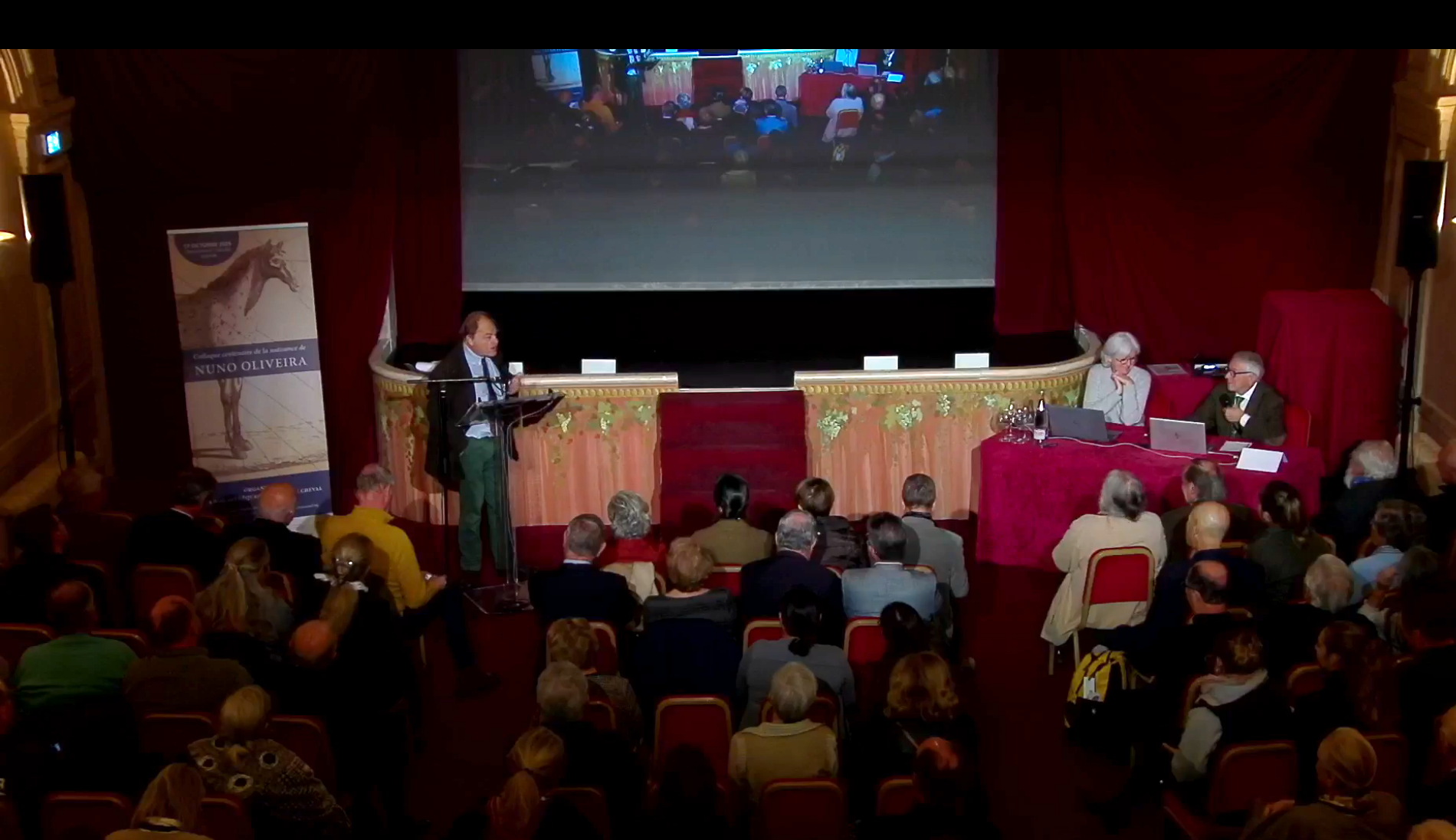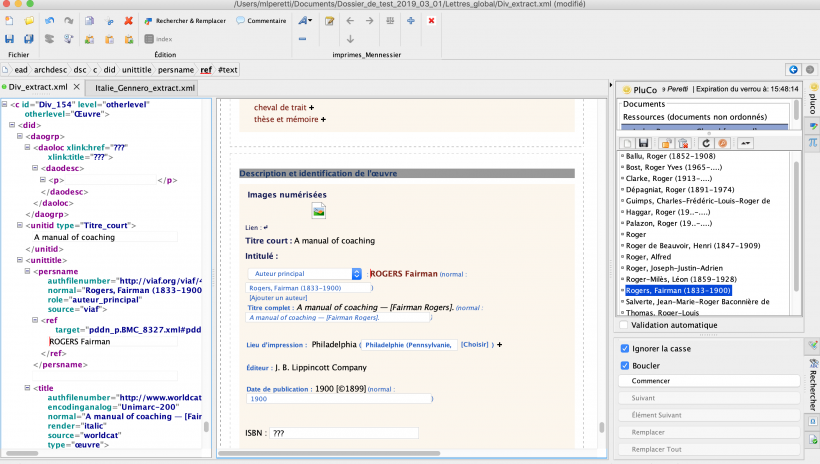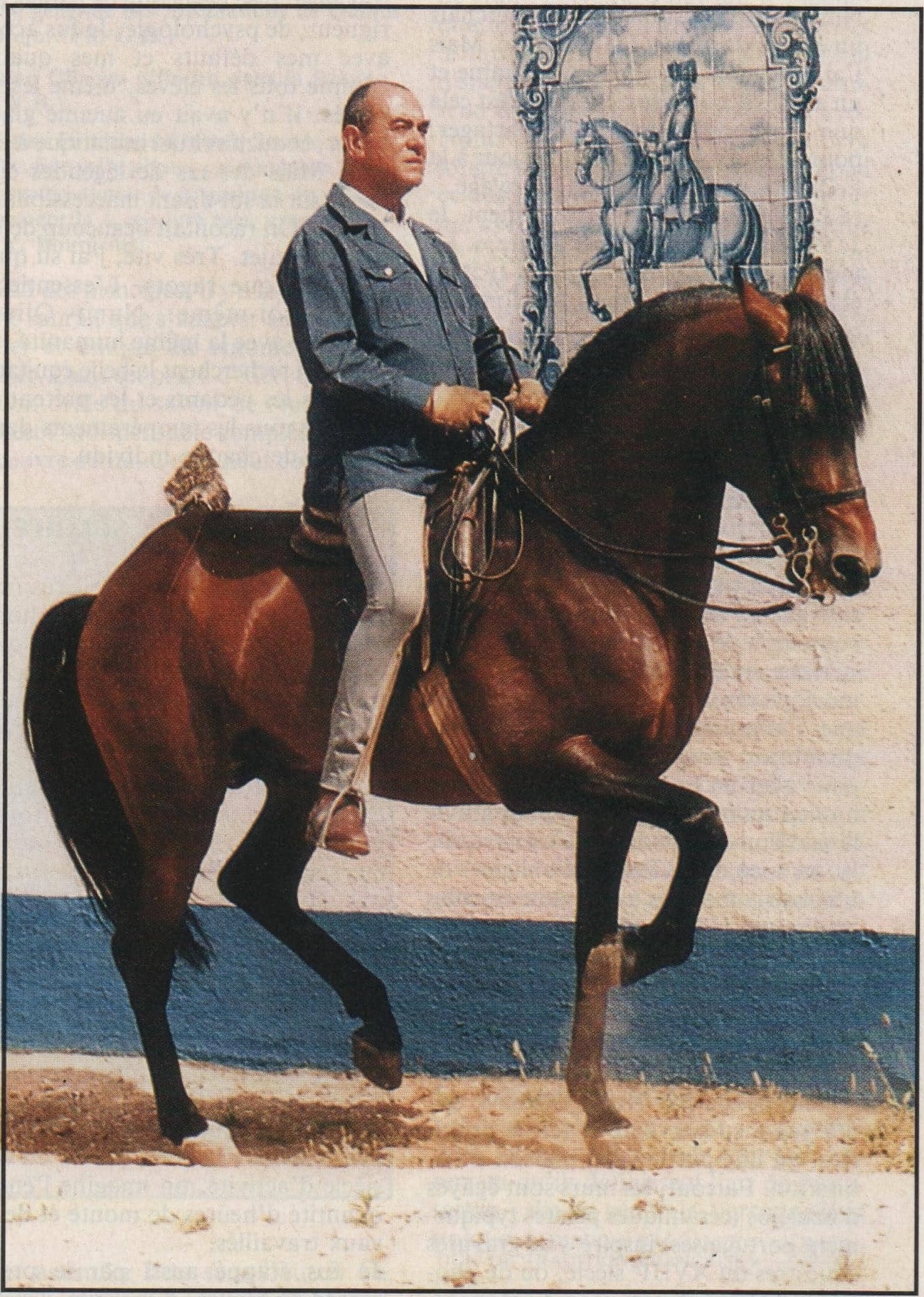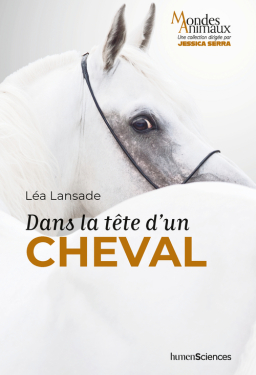
The horse's senses
Léa Lansade , a researcher in equine ethology at INRAE on behalf of IFCE, has just been awarded the Pégase prize for her latest book, Dans la tête d'un cheval, published by Humensciences in 2023. In it, she examines the latest ethological research findings, using a clever blend of popularisation to enable readers to put themselves inside the head of a horse. “Horses obviously have their own perception of the world, and don't understand their surroundings in the same way as we do. The idea was to take stock of the situation, to describe everything we currently know about their behaviour and how they understand their environment”, she explained when the book was published.
As Michel-Antoine Leblanc had already done in 2003 with Cheval, qui es-tu? and then in Comment pensent les chevaux (2015) , Léa Lansade's book details the latest current and future studies on the horse's cognitive abilities, such as the way it perceives us, how it decodes our emotions, how it remembers the people it meets, etc. Whereas in the past we used to talk about a horse's temperament to distinguish it from another, today the young woman is more inclined to talk about an individual personality, attaching to it grades linked to its behaviour: more or less gregarious, sensitive, active, whether it is close to man or not. A fast-growing area of research in response to questions about animal welfare, it also looks at the importance of knowing how to decode a horse's facial expressions, such as the discreet signs of pain or the nose pinched with pleasure during grooming. It also condenses recent discoveries about the domestication of the horse, which appears very late if we compare it with those of other mammals such as the cow or the dog.
Find out more here:
- Léa Lansade
- The horse's behaviour
- Inside the head of a horse , extract
